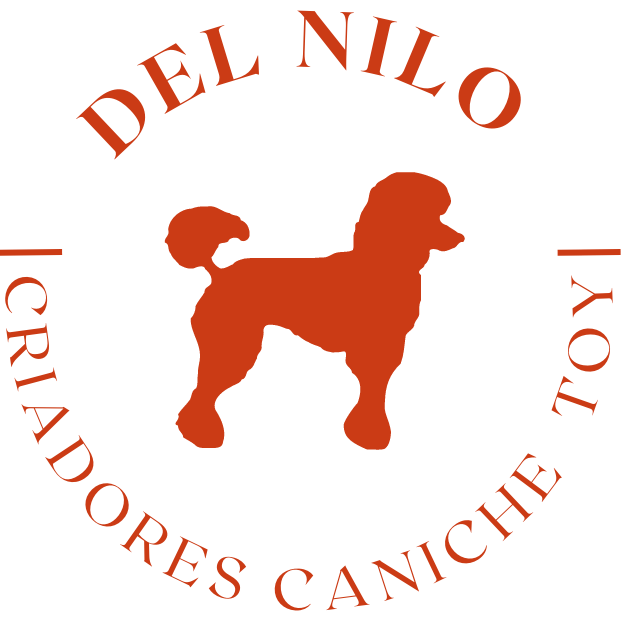SEPARATION ANXIETY
First of all. The toy poodle is a super intelligent dog, which adapts wonderfully to any family and with a couple of general guidelines we will have an educated and happy puppy.
Separation anxiety is a common problem that affects many dogs, including our adorable toy poodles. These little furry companions are known for their attachment to their owners and their affectionate nature, which can make dealing with separation a challenge for them. However, it is possible to prevent and manage separation anxiety from an early age, helping our toy poodles develop the confidence and security necessary to be alone. Here are some key strategies to prevent your toy poodle from experiencing separation anxiety and promote their emotional well-being.
From the beginning, it is essential to teach your toy poodle to be alone gradually and progressively. Start by leaving him alone for short periods of time, and gradually increase the duration as he becomes more comfortable. This will allow you to get used to being alone in a positive way, without triggering extreme levels of stress or anxiety. Remember to reward your toy poodle when he demonstrates relaxed and calm behaviors while alone.
Providing your toy poodle with a safe and comfortable space in the house is also essential. You can set up a park or enclosure where your dog can roam freely while you're away. Make sure this space is stocked with toys, fresh water, and a comfortable bed. This will help your toy poodle associate time alone with something positive and comforting.
In addition to teaching your toy poodle to be alone when you leave the house, it is also important to train him to feel comfortable when you are home but busy with other tasks. Establishing times when you are present but not always available will teach your Toy Poodle to be patient and not constantly dependent on your attention. You can use a baby gate or a designated room to create a space where your dog can relax and unwind without constant interruptions. It is key to educate ourselves, and having the baby alone for a couple of hours despite us being at home is not easy, but it will give him the tools to understand that it is okay to not be with us.
Often when we come home after being away for a while, we tend to make a big celebration of greeting our toy poodle. However, this can contribute to separation anxiety by reinforcing hyperactive and overly emotional behavior. Instead, it is advisable to ignore your dog for the first five minutes after arriving home. This may seem difficult, but it is an effective strategy to help your Toy Poodle stay calm and learn to handle separations in a more balanced way. After those first few minutes, you can greet him calmly and affectionately.
In addition to these tips, it is important to establish a consistent daily routine for your toy poodle. Dogs feel more secure and calm when they have structure and predictability in their lives. Maintain regular times for meals, walks, and playtime so your toy poodle can anticipate and trust what will happen throughout the day. In any case, don't be a little overwhelmed if some days you break that routine, we speak ideally, but it is not about creating a problem for yourself. We all have demanding jobs that consume extra hours, the good thing about the toy poodle is that it knows how to adapt and understands that if we don't arrive at an hour we will do it later. For our peace of mind, it is useful to place a web cam directed towards his resting place to verify that, while we think he is crazy with anxiety, he is sleeping peacefully.
Remember that every dog is unique, and some may require more time and patience than others to overcome separation anxiety. If anxiety persists or worsens, consider seeking help from a professional trainer or dog behaviorist. These experts will be able to provide you with additional, personalized strategies to address the problem effectively.
In short, separation anxiety can be challenging, but with patience, training, and a safe environment, it is possible to help your Toy Poodle overcome it. Teaching him from a young age to be alone gradually, providing him with a safe space and educating him even when you are at home, as well as avoiding throwing him a party every time you arrive, are key elements in preventing and managing separation anxiety. Remember that a happy and healthy toy poodle is a loyal and loving companion for life.
